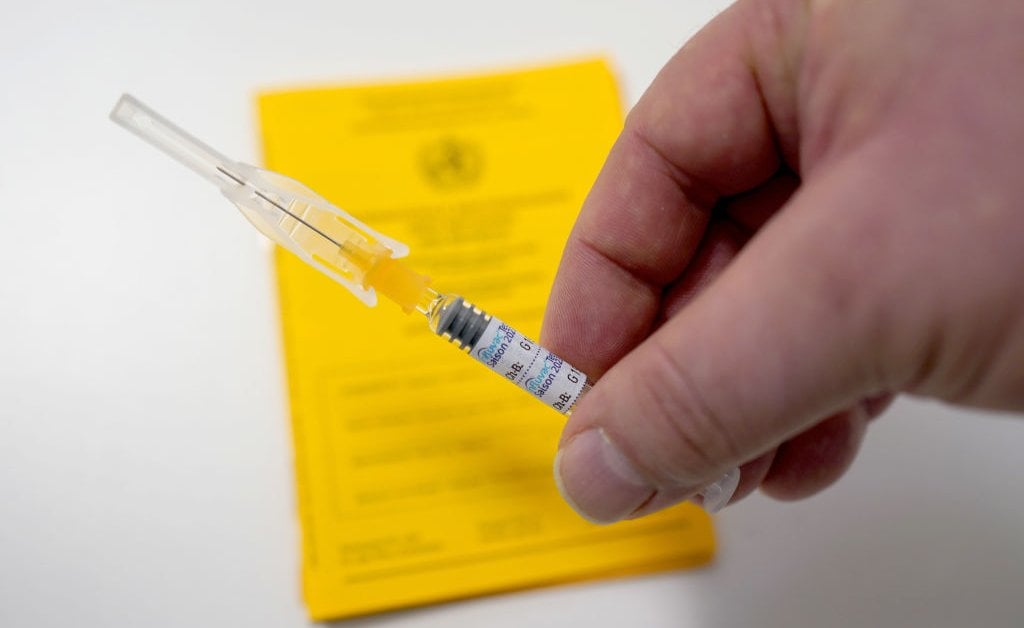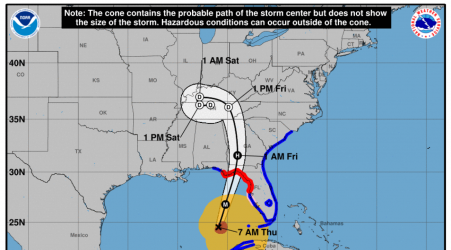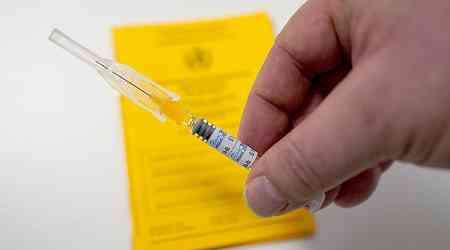
Ask a doctor when the best time is to get your annual flu shot, and they’re likely to tell you that it doesn’t matter when it you get it—just that you get vaccinated.
But there is a sweet spot to optimize your immunity.
When is the optimal time to get the flu shot?
[time-brightcove not-tgx=”true”]Flu season lasts from October to May, and cases in the U.S. peak from December to February. That’s why the U.S. Centers for Disease Control and Prevention recommends that people get their flu vaccine by the end of October, since it takes the immune system about two weeks to rev up its maximum response to the vaccine. This means generating sufficient immune cells—including antibodies—against the virus. “The perfect time to get vaccinated against flu is right before cases start to take off,” says Dr. Kawsar Talaat, associate professor in international health at the Johns Hopkins Bloomberg School of Public Health.
Read More: How to Stop Checking Your Phone Every 10 Seconds
But the reality is that pharmacies, clinics, and doctors’ offices can’t accommodate everyone flooding in at the same time. So if you’re at the pharmacy and there’s no line in September, there’s no reason not to get vaccinated.
“We have seen flu circulate as early as October, so it’s not too early to get vaccinated now,” says Talaat. And while protection from the vaccine starts to wane after three to four months, “it doesn’t go down to zero.” Even if your protection starts to fade, you will still be protected.
There are some exceptions to that guidance, says Dr. Robert Jacobson, professor of pediatrics at Mayo Clinic. Children under nine years old who are getting vaccinated for flu for the first time need two doses, spaced a month apart. For them, starting in late July or August makes sense, especially if parents want their children to be vaccinated before the start of the school year. Anyone age 65 or older should also consider getting vaccinated in late summer as well, since influenza does start circulating then and older people are at higher risk of developing complications, being hospitalized, or dying from the flu. Finally, pregnant women in their third trimester should also consider getting vaccinated in July or August, so their bodies can pass on protective antibodies to the baby in utero. This protection is important since babies generally don’t get their first flu vaccine until they are about six months old. If they are born during the flu season, the protection they receive from their mothers serves as the strongest defense against influenza in their first few months of life.
How effective is the annual flu shot?
That depends on the year. Each spring, health experts predict which influenza strains will be circulating and causing disease, giving manufacturers enough time to include them in the vaccines. Generally, says Talaat, if the shot is a good match with circulating strains, then you can expect your shot to protect you from getting flu about half the time. And if you do get infected, you’re more likely to have a milder bout of disease than if you hadn’t been vaccinated. You’re also less likely to be hospitalized or die from influenza: risks that especially affect older people.
Studies show that being vaccinated against the flu can protect you from other health issues as well, such as heart attacks and strokes. Flu infections can worsen inflammation, which can contribute to heart disease and other conditions.
Read More: Do You Need to Take Electrolytes to Stay Hydrated?
Even with waning, the vaccine continues to provide good protection, says Jacobson—enough that health officials do not recommend that older people who get vaccinated in late summer, for example, get boosted with another dose later in the season. “We consider them protected for the season,” he says. Plus, people age 65 and older generally receive one of several stronger flu vaccines to generate the most robust immune response; one of them includes four times the amount of immune-activating flu antigens. “They are safe and effective, and for people over 65, they are the way to go,” says Jacobson.
Can I get the flu shot and COVID-19 vaccine at the same time?
Yes, and you shouldn’t hesitate to do so. Talaat has conducted a study showing that people getting both shots did not report any more side effects—such as sore arms, muscle aches, or fevers—than people who got them at different times.
And for people wondering if getting the two shots on the same day might somehow yield weaker immune responses to both COVID-19 and influenza, “we have not found any interference with flu and COVID-19 vaccines,” says Jacobson. By not getting the vaccines on the same day, “you aren’t doing your immune system any favors.”
Even if you’ve already had the flu, or if it’s later in the season (say January or February), it’s not too late to get vaccinated. There are usually several strains of influenza causing-disease, and the shot would protect you against the strains you haven’t gotten yet. In fact, flu vaccines generate a more wide-ranging immune response against several influenza strains included in the shot than a natural infection would, since the infection is only a single strain of the virus. “This is a good example where natural infection is not as good as vaccination, and certainly not as safe,” says Jacobson. “Our vaccines these days are refined and designed to work with each other, and we have good evidence that they are safe and effective. Get all the vaccines you are due for.”
































